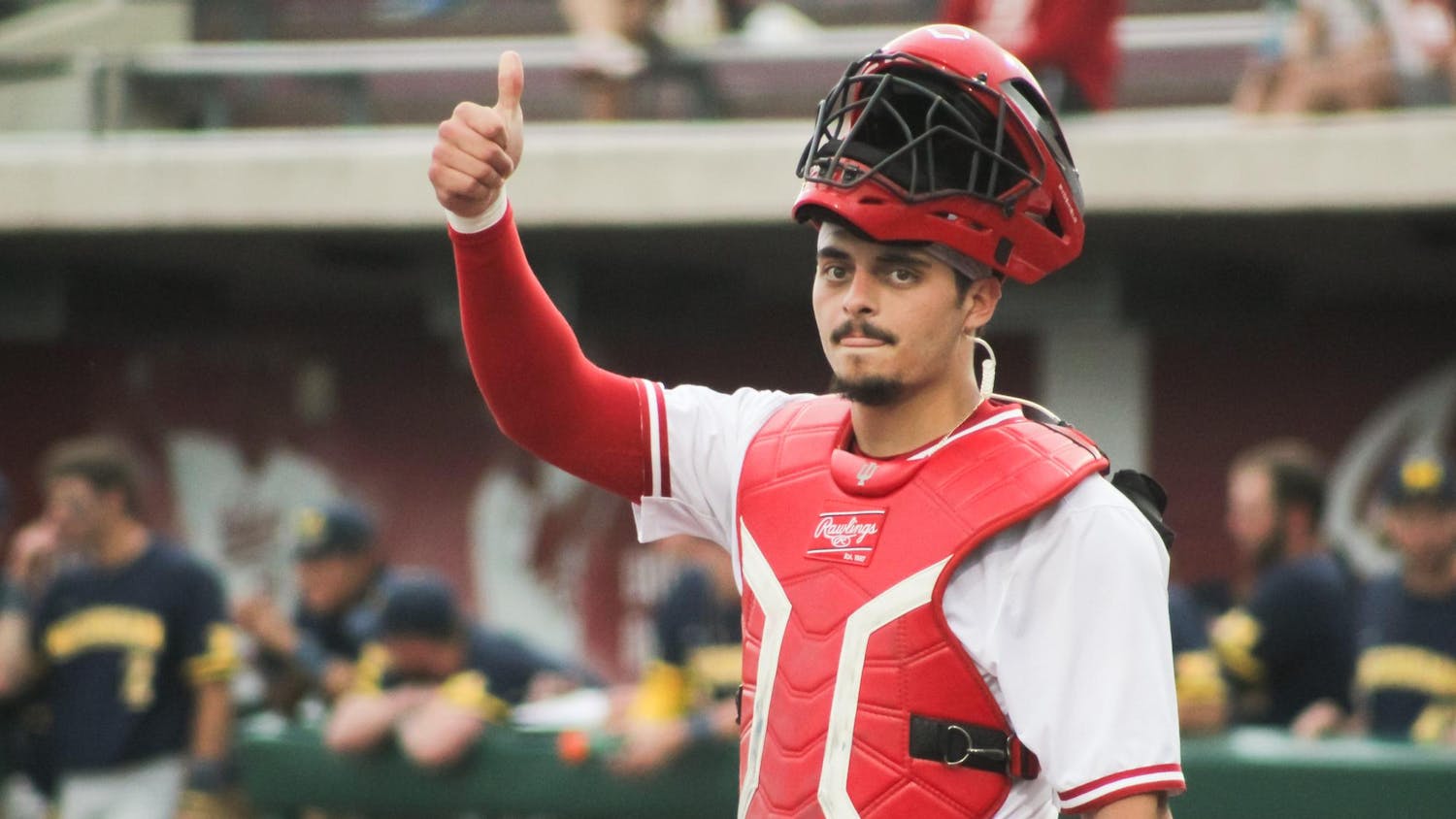Students from SPEA gathered all day last Friday to share their research and learn about world issues they may not have been aware of otherwise.
More than 20 graduate students participated in panel discussions and presented their research to fellow students and professors at the seventh Annual International Public Affairs Association Spring Conference.
Topics ranged from health policy to environmental policy.
Keynote speaker Mark Lagon, the global politics and security chair at Georgetown University, spoke about human trafficking and the importance of partnerships.
“The biggest difference this year is we opened it up to be a more SPEA-wide conference,” Co-President of IPAA Shaeda Mitchell said.
“In the past, we’ve narrowly focused on international topics. This year, we had international and domestic topics.”
During his speech about human trafficking, Lagon discussed both international and domestic forms of trafficking, as well as the policies made and laws enforced on the
national and global scale.
“Both the U.N. treaty and U.S. law incorporate three P’s to combat trafficking — prosecution, protection and prevention,” Lagon said.
Recently, Hillary Clinton added a fourth P — “partnerships.”
Lagon spoke about these policies and how effective or ineffective they are in practice.
In 2011, 7,200 human traffickers were prosecuted and 4,300 convicted, Lagon said.
Because this statistic has been relatively constant from 2004 to 2011, Lagon said he questions if the policies work.
“Conservatives estimate there are 20.9 million human trafficking victims globally,” Lagon said.
“We’ve found 41,000. That’s a low percentage of the conservative estimate. We haven’t been doing that well.”
Certain partnerships can help in the three P’s, he said, and stressed the
importance of protection more than the others.
“What’s really important is long-term economic viability,” Lagon said.
“You’re failing the victims if you give immediate care but then don’t help them find a way to stand on their own two feet.”
Lagon talked about how businesses can play a major role in fighting human trafficking, not only in donating money and time, but also employing survivors.
He also stressed how protection and recovery of survivors is crucial.
The more recovered survivors are mentally and physically, the more likely they are to testify against their abusers, Lagon said.
Lagon said he believes this will lead to more convictions.
Finally, he said if human trafficking is punished more severely, it will be less likely to happen.
Jessica Fischbach, a second-year graduate student in SPEA, also conducts research about human trafficking and served as a panelist at the conference.
“I’ve been doing research on this for two years, so for me this conference was a good opportunity to showcase what I’ve been working on,” Fischbach said. “I think it’s a topic not a lot of people know about, and I think that it’s something at the very core to being human and to treat humans justly.”
Even though the keynote focused on Fischbach’s area of research, Fischbach said she thought it was relevant to anyone.
“They did an amazing job bringing in a speaker on a really relevant topic,” Fischbach said. “(Lagon’s) presentation was relevant to partnerships in any sector. It doesn’t matter what department at IU, it’s important to understand how to work together across sectors.”
Though the conference had its highest attendance ever this year, Mitchell said she hopes for even better attendance next time.
“I’d like to see more people come and engage and have conversations about their research,” Mitchell said. “I feel like I benefit more from hearing classmates sometimes than I do an entire semester in some classes.”
Follow reporter Suzanne Grossman on Twitter @suzannepaige6.
Human trafficking focus of IPAA 7th annual conference
Get stories like this in your inbox
Subscribe





